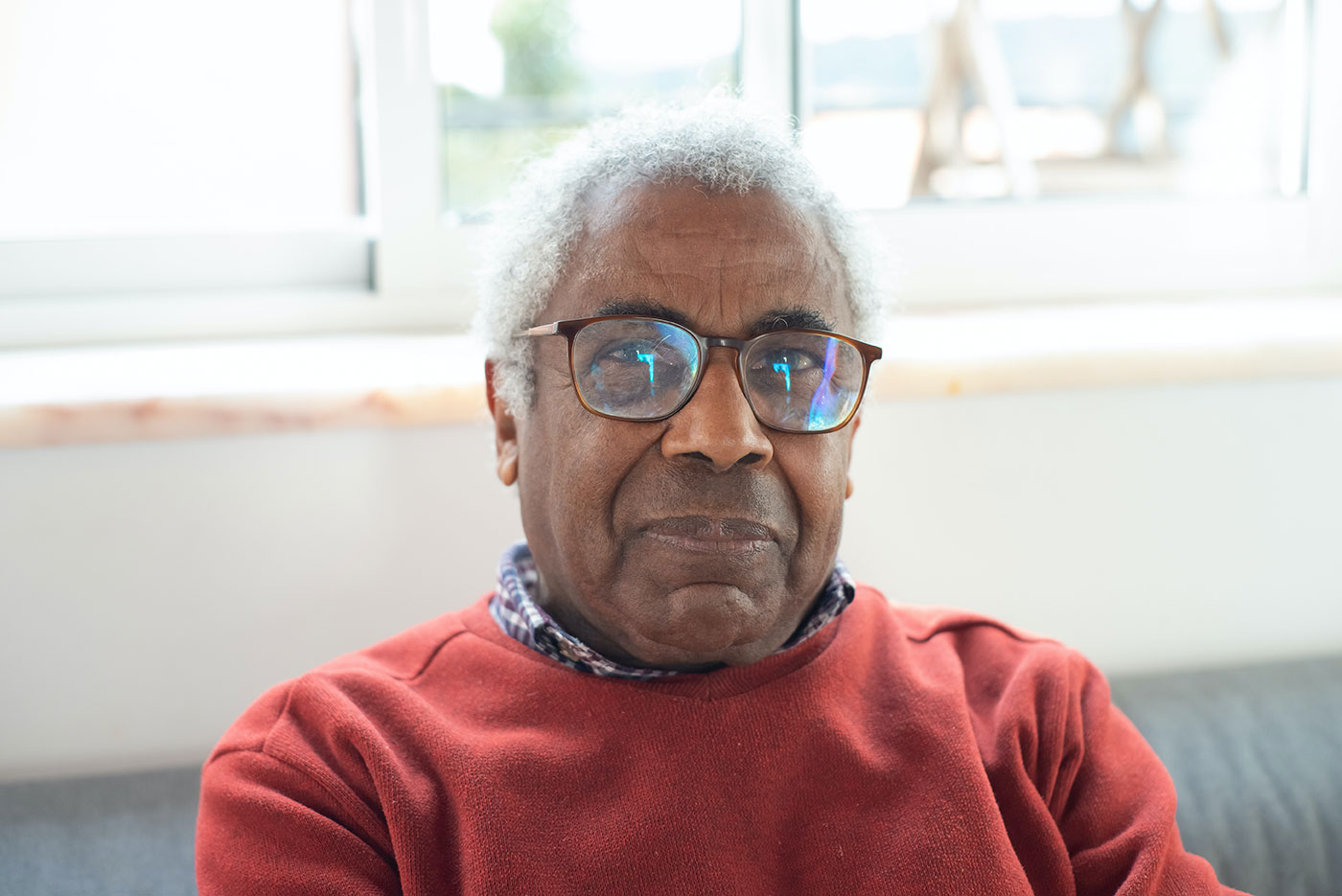There are several types of hormonal therapy for non-localised prostate cancer. They are usually given as injections : Gosrelin (Zoladex®), Leuporelin (Prostap®) and Triptorelin (Decapeptyl® and Gonapeptyl Depot®).
This treatment is given either once a month or every three months, usually by a GP. It is injected into the skin of the lower abdomen although some like Prostap may be injected into an arm or leg.
Before men start hormonal injections, they will usually be given a course of tablets called anti-androgens such as Flutamide, Cyproterone Acetate or Biclutamide. They will usually need to start taking these tablets two weeks before an injection is given and for a short while afterward.
Once started, hormonal therapy will cause a drop in testosterone, leading to a lower PSA level. This happens because the hormonal therapy is ‘starving’ the cancer.

